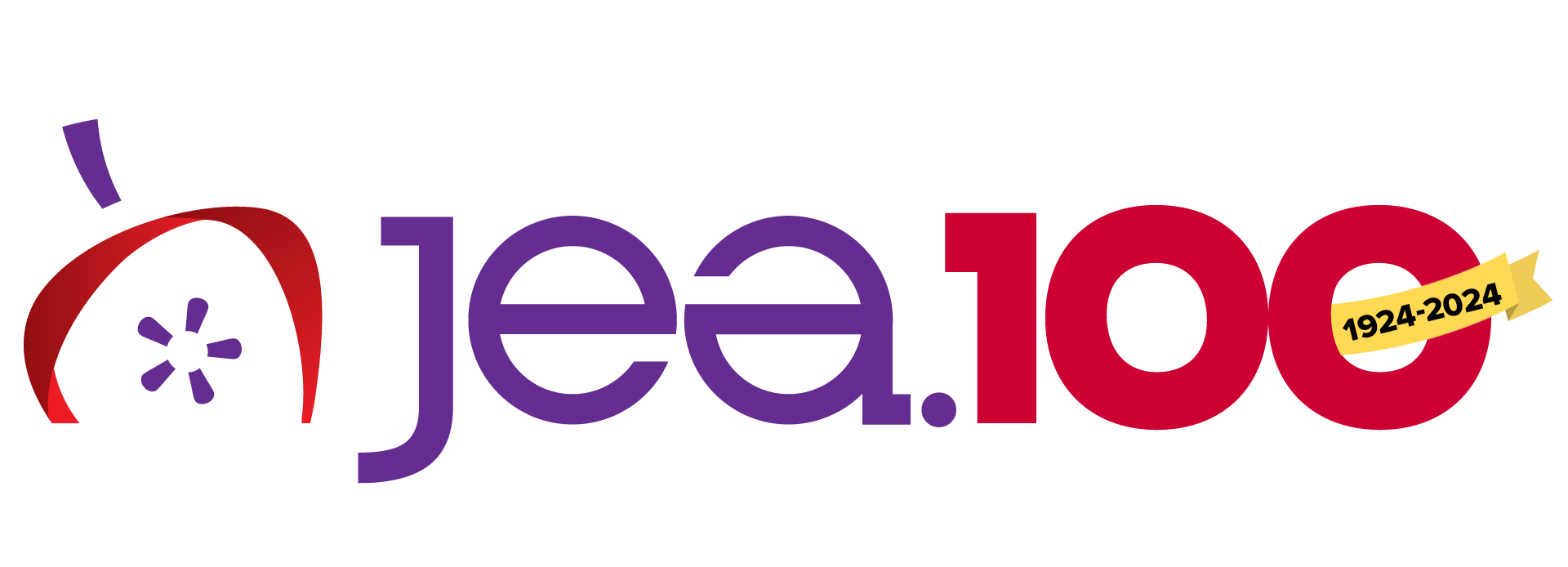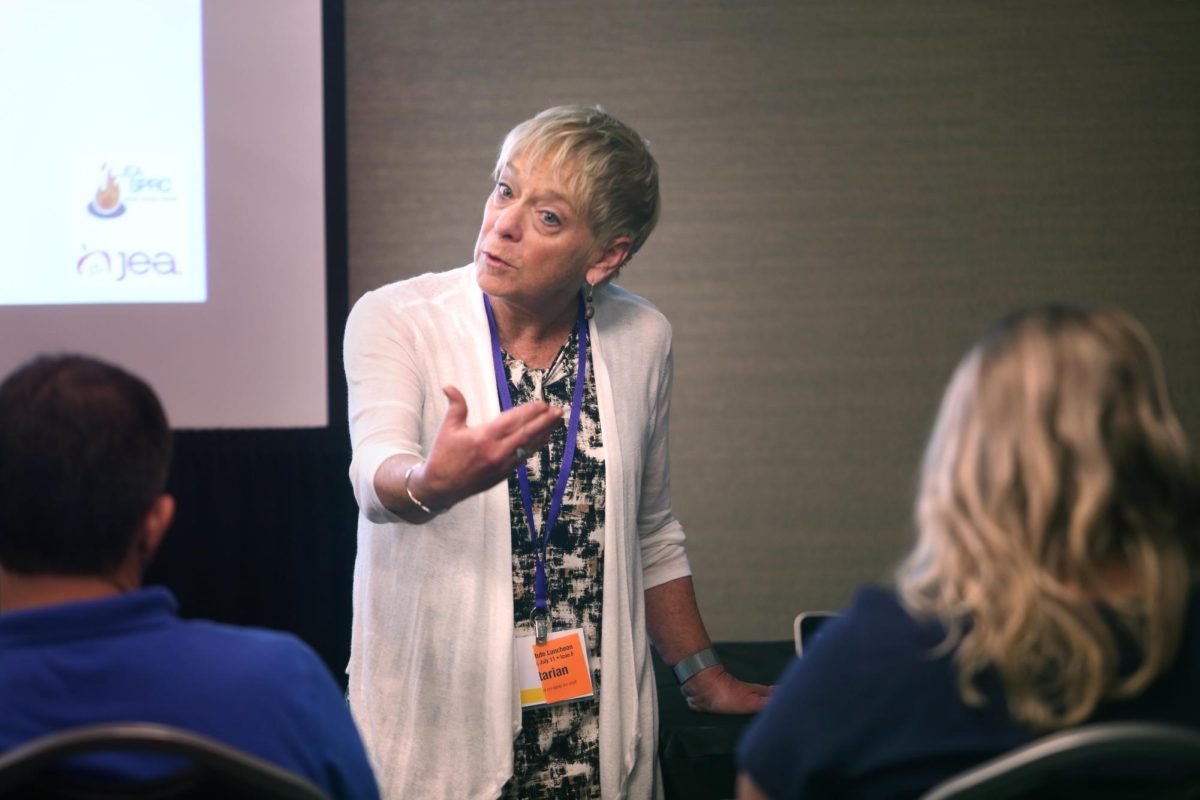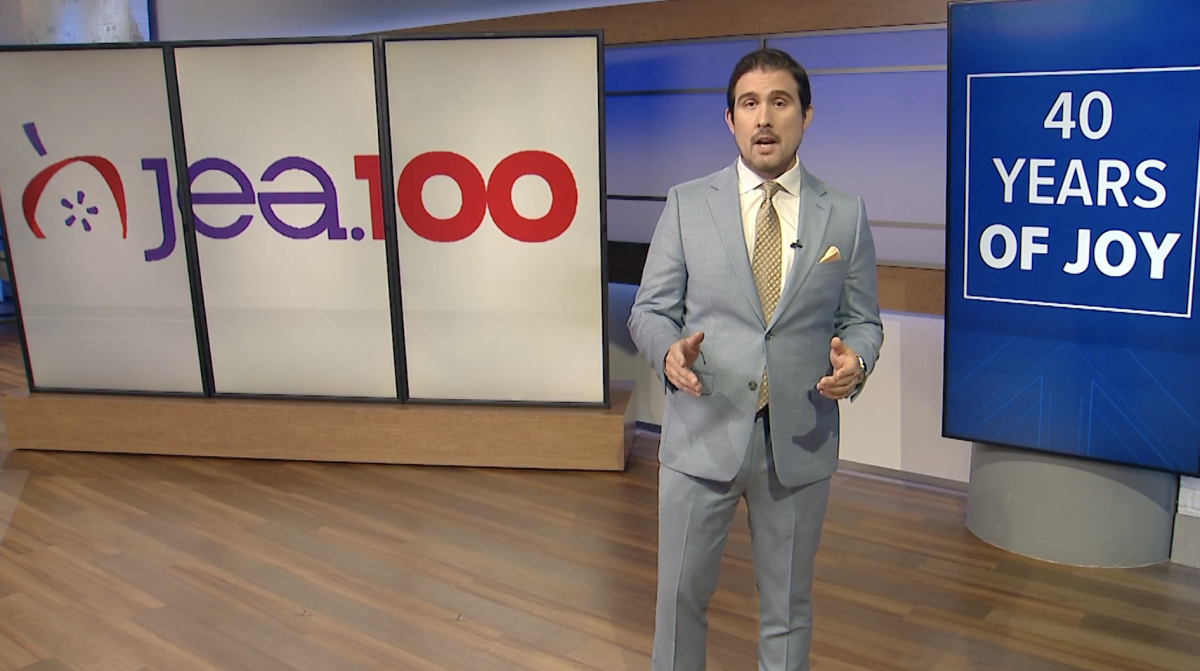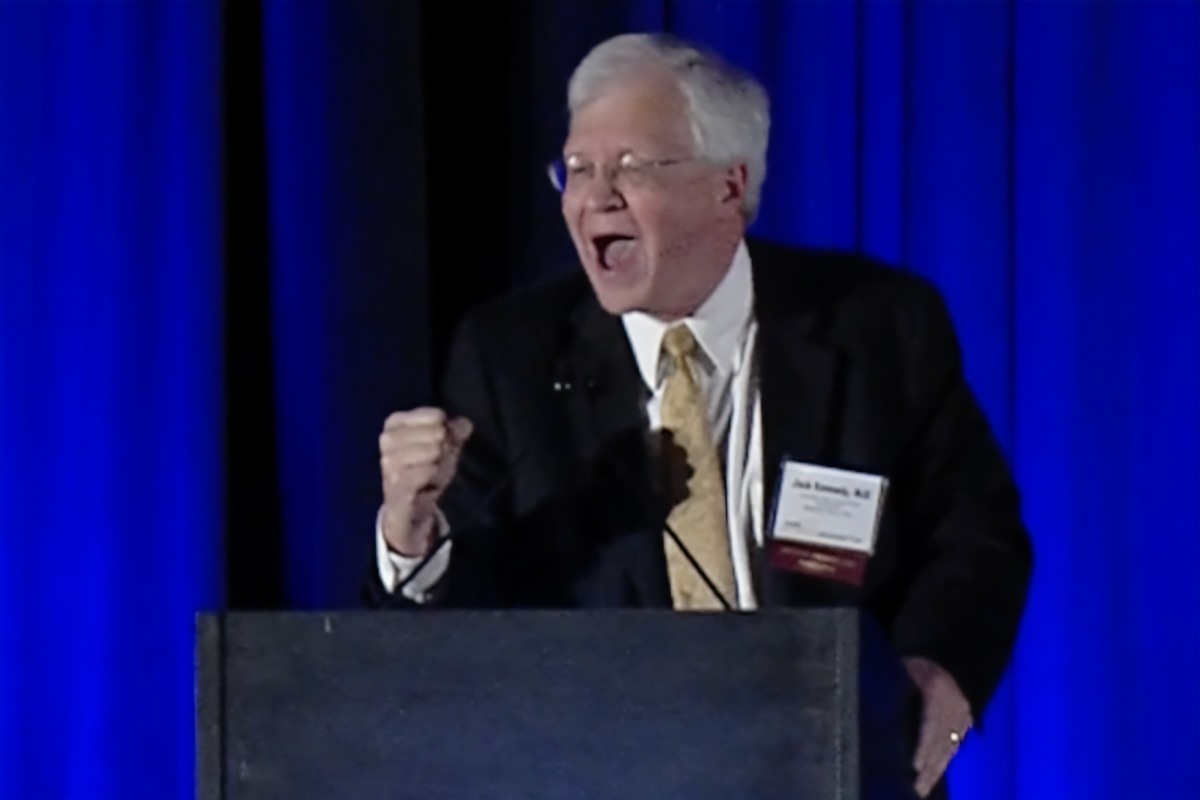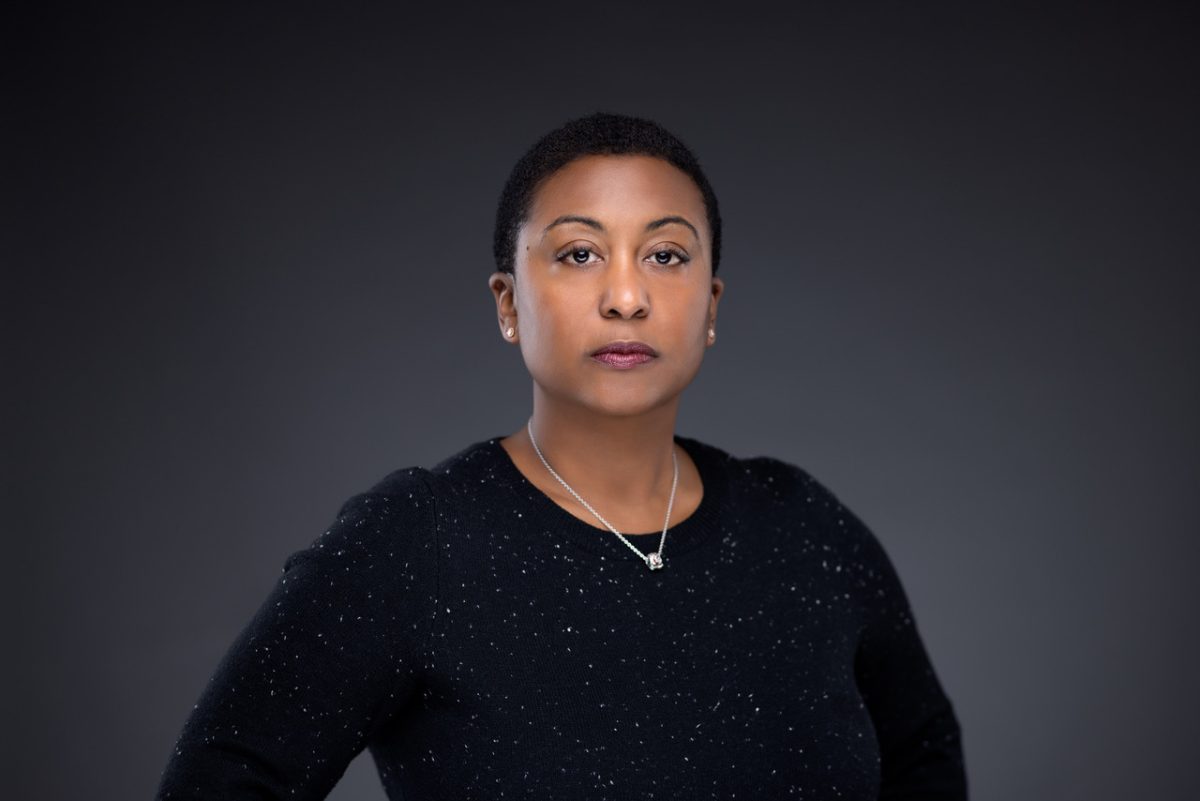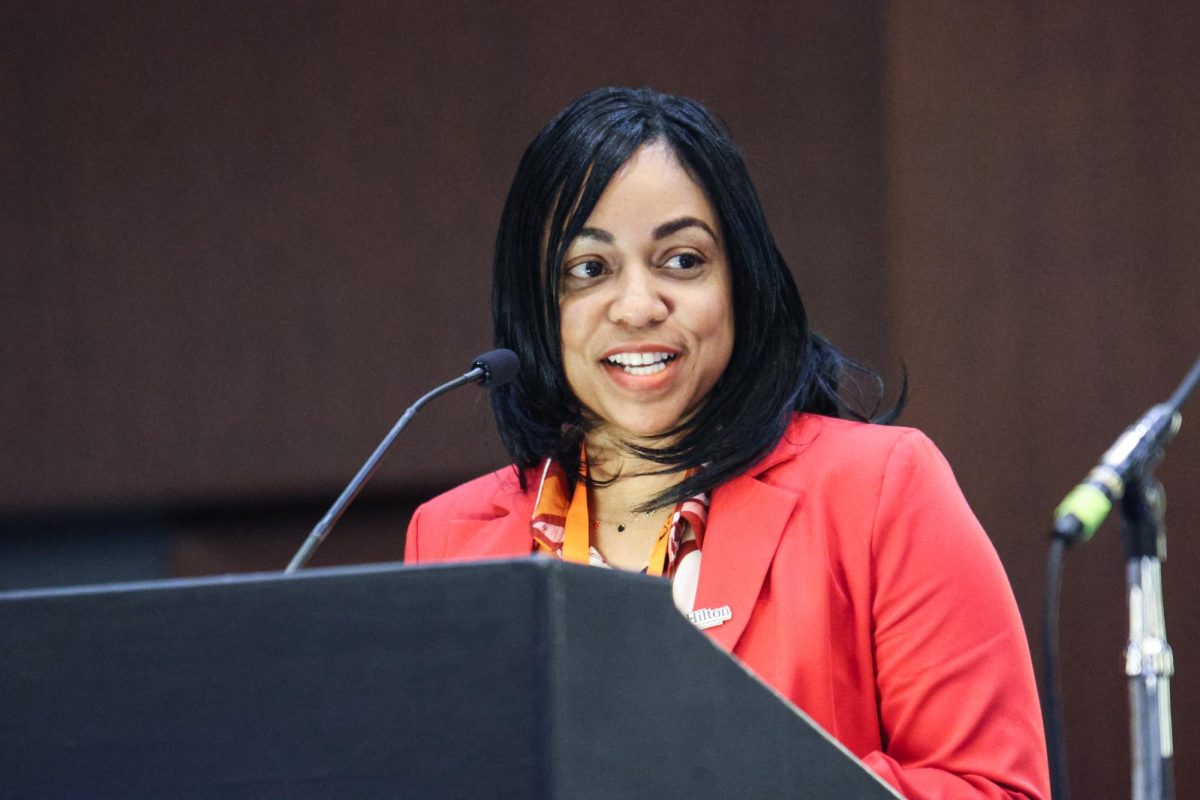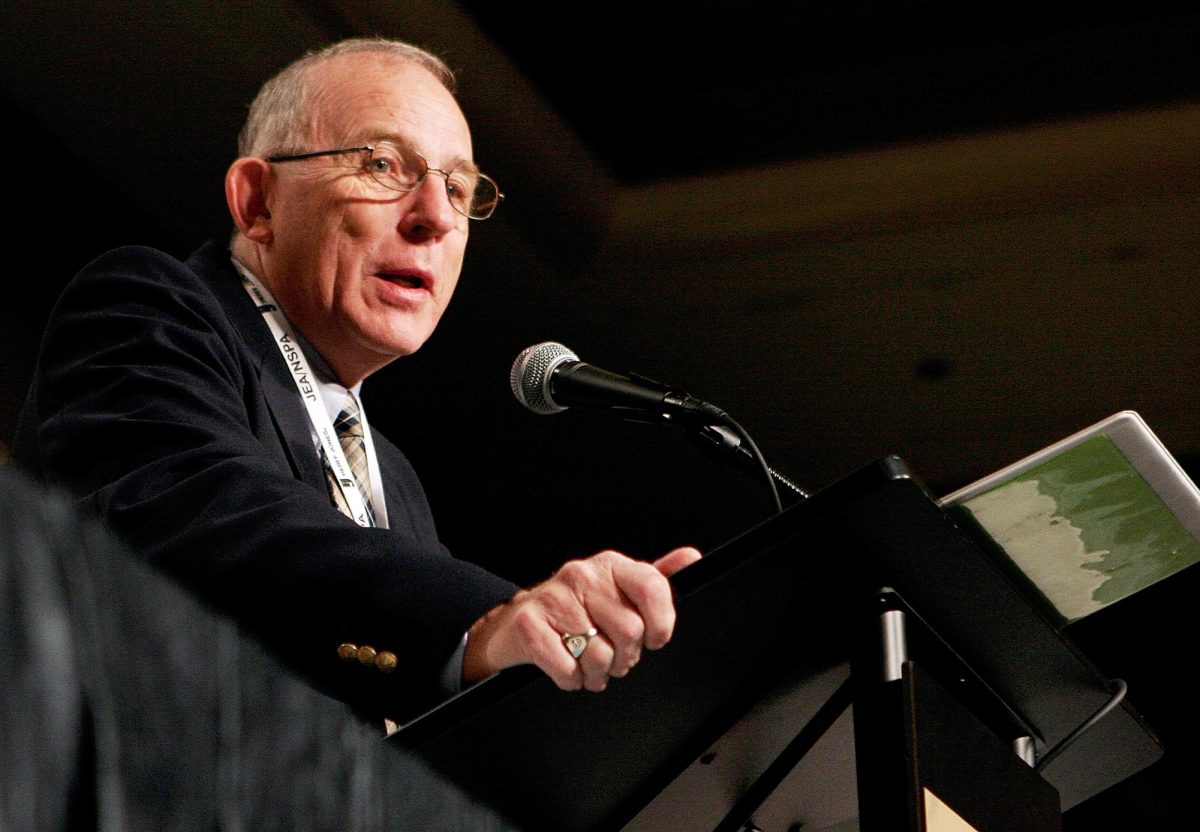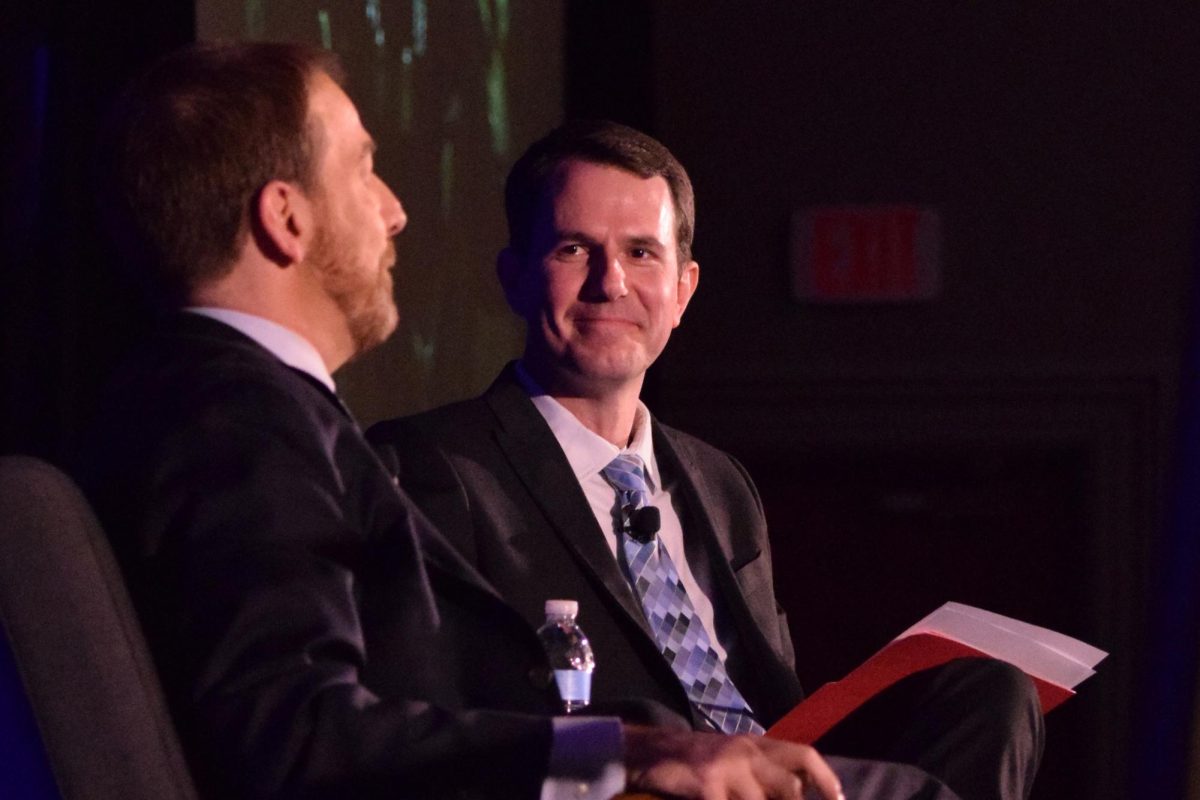She started teaching English and journalism in 1972, but her real involvement in JEA started with a convention bus ride to the adviser luncheon in 1982. After lunch, and time spent talking about student freedom of expression, Candace (Perkins) Bowen was inspired to work with student press rights. She fell in love with scholastic journalism and the opportunities to contribute through JEA — first as a committee member and ultimately as president from 1993-1997. In 1997 she was presented with the Carl Towley award.
What do you consider to be the most noteworthy accomplishments during your administration?
Three things are noteworthy:
- In 1994, with my encouragement and the technical support of those at Kansas State, JEA had its first website. Sections included updates for members and Bookstore news.
- In 1997, because I was teaching at a university, I was able to set up the first listerv to facilitate communication between board members and commission and committee chairs. Called JEATALK, it became very useful, and soon members wanted to be on it as well.
- It took a while to set up and the first post wasn’t until August, 1998, I set up JEAHELP which was live and active from the start.
The website and the Listserv have certainly withstood the test of time. Is there another area where your participation made a difference for teachers?
Perhaps a bigger role I had was as plaintiff on behalf of JEA in ACLU v. Reno, the Communications Decency Act. Had that not been overturned in 1996, teachers nationwide would have been subject to fines and jail if any student under 18 had accessed a website that was indecent (not even a term with a legal definition…) while under their supervision.
How did your involvement in JEA benefit you?
It made all the difference in the world. I was a journalism major and needed the pedagogy to learn how to teach what I knew. JEA also gave me comrades in arms — the ones who understood late layout nights and difficult principals, the ones who responded to panicked tech question on the Listserv late Sunday nights, and the ones who realized how you could love your students completely, even the ones who sometimes drove you crazy.

In the more than 40 years you have been active in JEA, you have seen the organization tackle a number of issues to help teachers and improve scholastic journalism. What do you think should be the focus of the organization in the future?
I would hope JEA will continue and even increase its role as the protector of student voices and as the organization that supports teachers to help them do so. With so much divisiveness in the country these days, our next generation, whether they become journalists or not, MUST learn to be communicators who use solid critical thinking skills to keep others informed and our democracy strong.
What is your greatest passion?
The 45 words of the First Amendment are the most important ones we have. That’s why ’45 words’ is tattooed on my right wrist.
